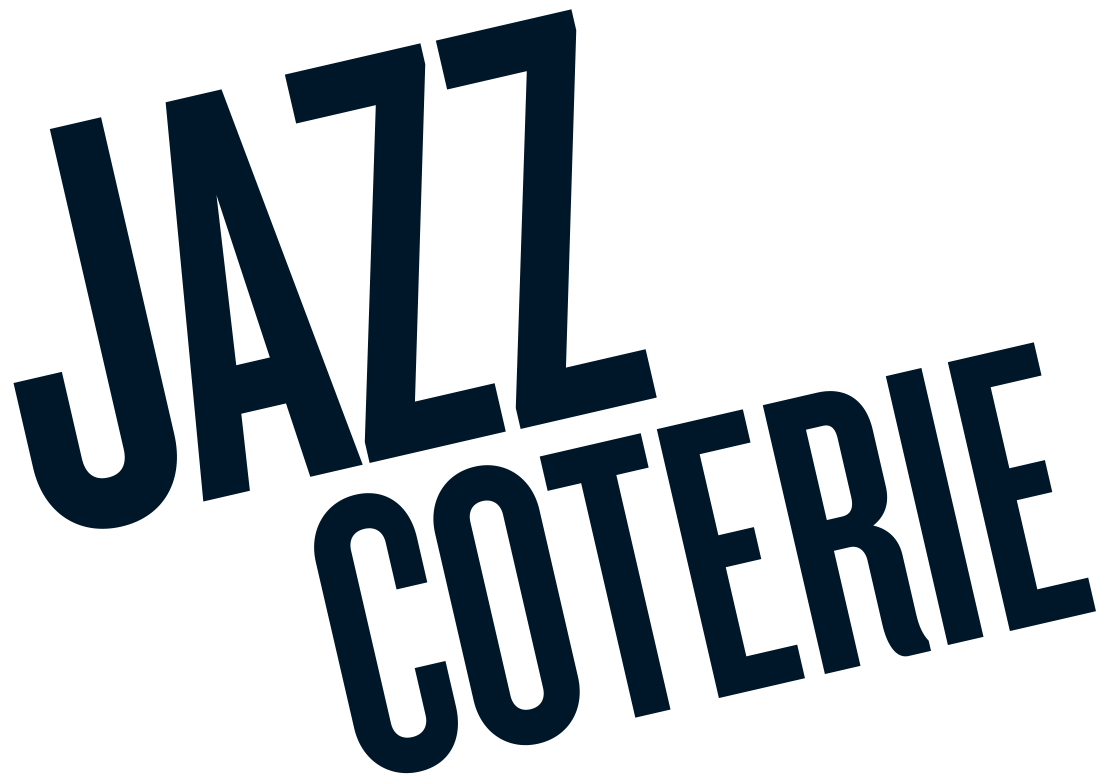Concert Tickets & Optional Preshow Dinner Purchased Separately
5:30 Doors | 6:00 Dinner | 7:00 Concert
NOTE: Dinner Reservations must be made by Friday, March 24. Click link above.
FREE TICKETS for students pursuing jazz studies thanks to community sponsors. 50% DISCOUNT for working musicians and music educators. See ticket link for options. Learn about our Great Experience Guarantee and No Barriers policy.
Jazz Coterie live music concert series welcomes Immanuel Wilkins to our pop-up jazz club in Oshkosh, Wisconsin. With Micah Thomas on piano, Rick Rosato on bass, and Kweku Sumbry on drums.
Voted #1 Rising Star by DownBeat Critics Poll — the music of saxophonist, composer, and Blue Note recording artist Immanuel Wilkins is filled with empathy and conviction, bonding arcs of melody and lamentation to pluming gestures of space and breath. Listeners were introduced to this riveting sound with his acclaimed debut album Omega, which was named the #1 Jazz Album of 2020 by The New York Times. The album also introduced his remarkable quartet with Micah Thomas on piano, Daryl Johns on bass, and Kweku Sumbry on drums, a tight-knit unit that Wilkins features once again on his stunning sophomore album The 7th Hand.
“At age 24, saxophonist and composer Wilkins has established himself as a uniquely thoughtful and empathetic voice in jazz.”
“This is music on a whole other level. Tight as a three-minute-single, the quartet seizes each of Wilkins’ heady concepts and questions of time with a cutting vigor and dynamic which only comes by once in every generation.”
Immanuel is a Brooklyn-based, Philadelphia-raised artist. In 2015, while attending Julliard in New York City, Wilkins met his mentor, Ambrose Akinmusire, and Jason Moran, the person that would greatly influence his journey through his professional life. Wilkins has since worked with a diverse range of artists including Solange Knowles, Gretchen Parlato, Wynton Marsalis, Gerald Clayton, Aaron Parks, and Joel Ross.
“Blues-based, gospel-infused, intellectually considered music that secures his quartet’s commanding status on the scene.”
The 7th Hand explores relationships between presence and nothingness across an hour-long suite comprised of seven movements. “I wanted to write a preparatory piece for my quartet to become vessels by the end of the piece, fully,” says Wilkins.
While writing, Wilkins began viewing each movement as a gesture bringing his quartet closer to complete vesselhood, where the music would be entirely improvised, channeled collectively. “It’s the idea of being a conduit for the music as a higher power that actually influences what we’re playing,” he says. The 7th Hand derives its title from a question steeped in Biblical symbolism: If the number 6 represents the extent of human possibility, Wilkins wondered what it would mean — how it would sound — to invoke divine intervention and allow that seventh element to possess his quartet.
“An Alto saxophonist with this really exceptionally expressive style, you hear so much emotion in his playing, it’s a very human sound.”
Wilkins often draws inspiration from critical thought. One of the pieces in the album, “Fugitive Ritual, Selah” was composed as a hymn to Black spaces. He drew inspiration from the energy of places where Black people gather in celebration, praise and refuge, away from a pervading culture of surveillance. Even the striking album artwork challenges convention: “I wanted to remix the Southern Black baptism, and also provide critique on what is considered sanctified and who can be baptized.”
“Not unlike his biggest hero Keny Garrett, Wilkins on The 7th Hand plays the alto with a deceivingly wispy yet soulful tone.”
Whether The 7th Hand reaches full vesselhood matters less than the attempt itself. Wilkins and his bandmates reveal their collective truth by peeling themselves back, layer by layer, movement by movement. “Each movement chips away at the band until the last movement — just one written note,” says Wilkins. “The goal of what we’re all trying to get to is nothingness, where the music can flow freely through us.
“Immanuel Wilkins and his quartet make bristiling, physical music, both leaning into and pulling against the swing rhythm that has historically been the backbone of jazz.”

